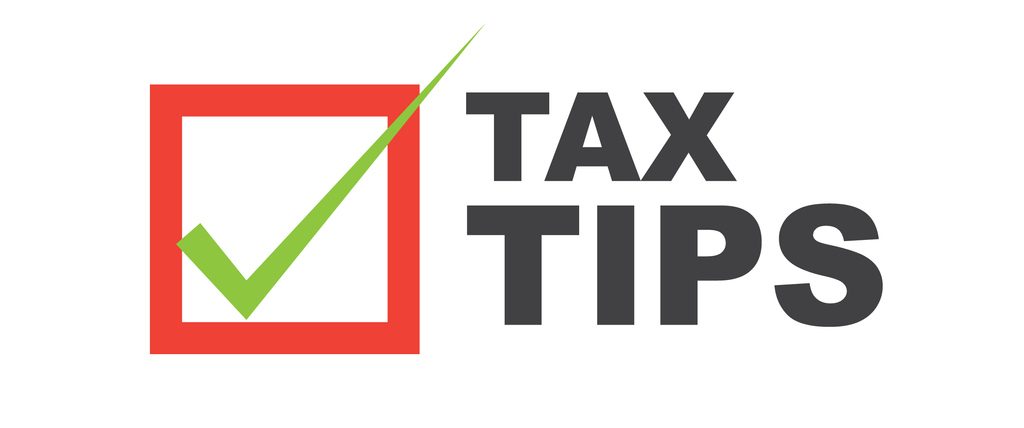Click on the links below to jump to each section in this article:
IRS Suspends Processing of New ERC Claims
The IRS is continuing to warn businesses about aggressive marketing by nefarious actors involving the Employee Retention Credit (ERC). It has suspended the processing of ERC claims until at least year end because of a spike in the number of fraudulent claims.
The IRS has now issued a series of red flags businesses should bear in mind. Warning signs include:
- Unsolicited calls mentioning an “easy application process,”
- Claims that a business qualifies for the ERC even before any discussion of the business’s tax situation, and
- Large upfront fees and additional fees based on a percentage of the refund claim.
Eligible employers can claim the ERC on an original or amended employment tax return for qualified wages paid between March 13, 2020, and Dec. 31, 2021. But there are very specific eligibility requirements; careful review is required to determine eligibility. The IRS recommends businesses work with a trusted tax professional.
What Exactly Is a “Small Business”?
Although your business may seem big to you, you may wonder how the government classifies it. A recent report by the Joint Committee on Taxation, a nonpartisan committee of the U.S. Congress, discusses what a “small business” is for tax purposes. As the report states, there’s no one definition of a small business. Instead, different definitions apply depending on the context, various criteria and certain thresholds.
Criteria include a business’s gross assets, gross receipts and its number of shareholders and employees. Even if a criterion such as gross receipts is the same across definitions, different thresholds may apply. Also, for some purposes, the tax code might define a small business in more than one way.
Tax Treatment of Cryptocurrency
Questions surrounding the tax treatment of cryptocurrency are complex. According to recent IRS Revenue Ruling 2023-14, the process of verifying ownership of cryptocurrency is called “ staking.” And when a taxpayer has successfully staked his or her units of cryptocurrency, he or she may also receive “ staking rewards” consisting of additional units.
When does the taxpayer have to include those staking rewards in gross income? A cash-basis taxpayer is said to “ gain dominion” over staking rewards received when he or she can sell, exchange or dispose of them. In the year that the taxpayer gains dominion over the rewards, the fair market value of the rewards must be included in gross income.


